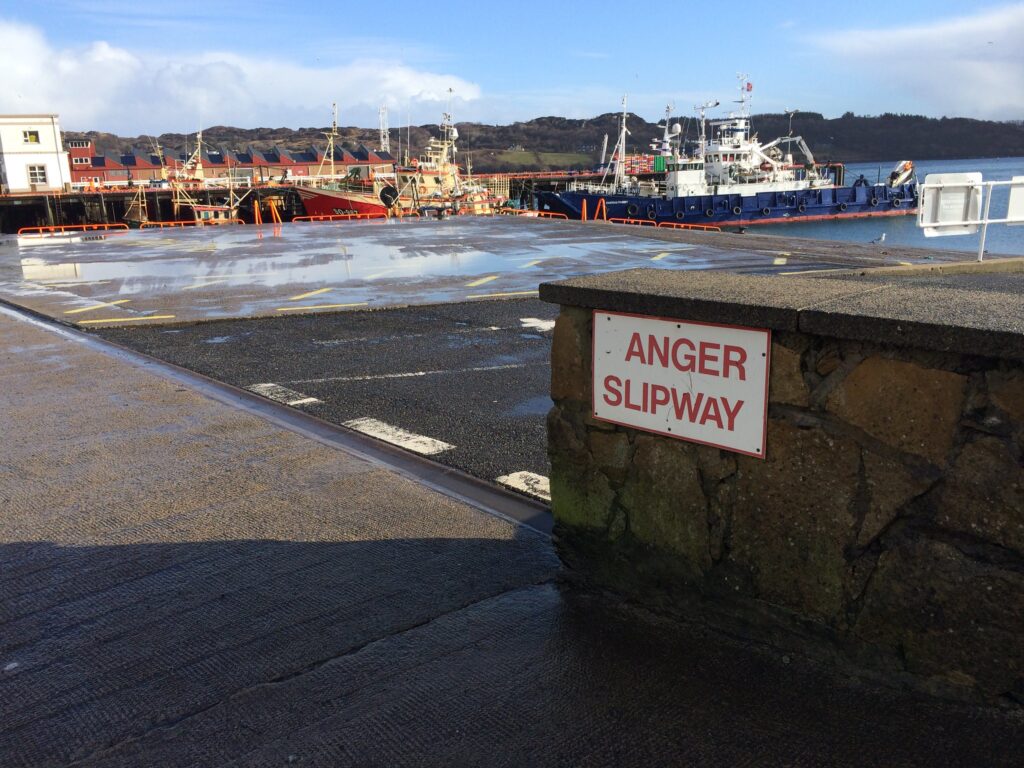Anger management
Quote of the Day
”Pay no attention to what the critics say; no statue has ever been put up to a critic.”
- Jean Sibelius
Musical alternative to the morning’s radio news
Antonio Salieri | Piano Concerto in B Flat | Adagio
Long Read of the day
Yes, experts will lie to you sometimes
Terrific post by Noah Smith, picking up from a tweet by Yascha Mounk:
From the initial hesitance to admit that masks work to the current hesitance to admit that the first dose of the vaccine gives you very strong protection against Covid, the whole pandemic has been a year-long demonstration of why the Noble Lie never works in practice.
Smith supports the allegation about masks:
In other words, according to Fauci, public health experts knew that even cloth masks helped prevent the spread of COVID-19, but they were worried that if they admitted that cloth masks work, people would conclude that N95 masks work even better (which is true), and hoard N95s, thus depriving medical workers who needed the supplies more. That’s the “noble lie” bit of the story. But Smith goes on to explore what is, in fact, possibly a more damaging untruth — economists’ ‘economy with the actualité’ —about the economic benefits of free trade.
Worth reading in full.
Will Amazon workers finally get to unionise?
This is an important week in the long arc of the history of workers’ rights. As Quartz puts it:
Close to 6,000 Amazon workers in Bessemer, Alabama, will decide whether to unionize in a vote that ends Monday, with the results expected to be announced later this week. If the organizing drive succeeds—that is, if more than 50% of the ballots cast are in favor of unionizing—the Alabama warehouse employees would form Amazon’s very first union in the US, setting a precedent that could see workers at the company’s fulfillment centers across the country following suit. More than 1,000 Amazon workers in the US have contacted the Retail, Wholesale and Department Store Union (RWDSU) about the possibility of organizing in recent weeks, according to the Washington Post.
“There are strikes and elections that become historical pivot points,” Kate Bronfenbrenner, the director of labor education research at Cornell University, told Bloomberg. “This is one of them.”
My fear is that this will turn out to be a re-run of the Proposition 22 vote in California. But if it doesn’t, then it could indeed be an historic moment.
Amazon — like Uber & Co in California — is vehemently opposed to the idea and has been campaigning vigorously against it. Interestingly, Joe Biden came out in support of the unionisation drive.
What Can We Learn from a Big Boat Stuck in a Canal?
Quite a lot, says Matt Stoller.
“After years of bitcoin and reddit short selling and credit default swaps and a million other things I don’t understand,” one random person put in a tweet that went viral, “it’s so refreshing to hear that global commerce is in peril because a big boat got stuck in a canal.”
That’s basically the story right there, it’s a big boat and it got stuck in a canal. The ship blocking the Suez, called the Ever Given, weights 220,000 tons, and is as long as the Empire State Building is high. Despite the hilarious nature of the problem, the disruption to world trade is large and serious, costing tens of billions of dollars. And if the ship can’t be dislodged soon, some consumers will once again experience shortages of basic staples like toilet paper.
That said, the reason this disruption to global commerce seems so dumb is because it is. It starts with the ship size itself. Over the last few decades, ships have gotten really really big, four times the size of what they were 25 years ago, what the FT calls “too big to sail.’ The argument behind making such massive boats was efficiency, since you can carry more at a lower cost. The downside of such mega-ships should have been obvious. Ships like this, which are in effect floating islands, are really hard to steer in tight spaces like ports and canals, and if they get stuck, they are difficult to unstick. In other words, the super smart wizard financiers who run global trade made ships that don’t fit in the canals they need to fit into.
And the cause of all this? Industrial consolidation into a series of effective shipping monopolies.
In 2000, the ten biggest shipping companies had a 12% market share, by 2019 that share had increased to 82%. This understates the consolidation, because there are alliances among these shippers. The stuck ship is being run by the Taiwanese shipping conglomerate Evergreen, which bought Italian shipping firm Italia Marittima in 1998 and London-based Hatsu in 2002, and is itself part of the OCEAN alliance, which has more than a third of global shipping.
Another, really interesting, link
- How to make a Commodore 64 sound like a cathedral organ. This is lovely. In 2008 Linus Akesson had an epiphany about church organs:
“At least in theory, organ pipes produce very simple waveforms, much like 8-bit sound chips do-and the reason church organs don’t sound like chiptunes is primarily because of the acoustics of the church”.
He remapped the keys of a Commodore 64 so he could play it like an accordion, ran it though a reverb machine, and created what he calls the ‘sixtyforgan’. The video explains how he did it, and the Bach piece he plays at the end of the video shows the result. Magical. Thanks to Jason Kottke for spotting it.
This blog is also available as a daily email. If you think this might suit you better, why not subscribe? One email a day, delivered to your inbox at 7am UK time. It’s free, and there’s a one-click unsubscribe if you decide that your inbox is full enough already!

